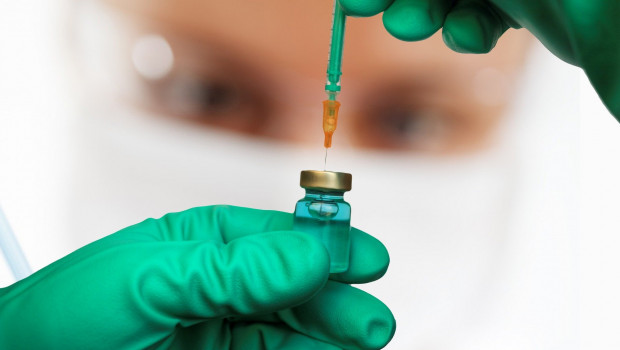Euro area services slow sharply in January even as supply chain issues in manufacturing ease

Economic activity in euro area services slowed more sharply than expected in January as renewed Covid-19 restrictions on account of Omicron led to a marked slowdown, the results of closely-followed surveys revealed.
Manufacturing on the other hand outperformed economists' expectations as supply chain delays eased.
IHS Markit's Purchasing Managers' Index for services slipped from a reading of 53.1 for December to 51.2 in January (consensus: 52.1).
The separate PMI for factory activity however improved from 58.0 to 59.0 (consensus: 57.8).
A composite index for output from both sectors slipped from 53.3 to 52.4 (consensus: 52.9)
In parallel, the average prices charged for goods and services increased at an "unsurpassed" rate, although producer input cost inflation eased, hinting at cooling price pressures for raw materials, IHS Markit said.
Nevertheless, rising wages and energy costs offset the impact from the easing in raw material costs.
"Importantly, while the Omicron wave has dented prospects in the service sector, the impact so far looks less severe than prior waves. Meanwhile, perceived prospects have improved among manufacturers, linked to fewer supply shortages, adding to the brightening outlook.
"In the meantime, however, prices for goods and services are rising at a joint-record rate as increasing wages and energy costs offset the easing in producers’ raw material prices, dashing hopes of any imminent cooling of inflationary pressures."
For their part, economists at Barclays Research highlighted the divergences between the services sector PMI in Germany and those for France and the periphery countries.
So whereas the German services PMI jumped from a reading of 49.9 in December to 54.3 for January, in the euro area periphery activity levels fell with tourism and recreation activity - to which they are more exposed than in Germany - seeing the most rapid declines since last February.
"Nonetheless, we note that the periphery's divergence from the 'Big 2' was exceptionally large (larger than during previous COVID-19 episodes, except March 2020; Figure 5) and we think a part of this underperformance could be unwound next month, leaving upside potential for the February print."
Barclays stuck to its forecast for GDP growth of approximately 0.2% during the first quarter 2021.